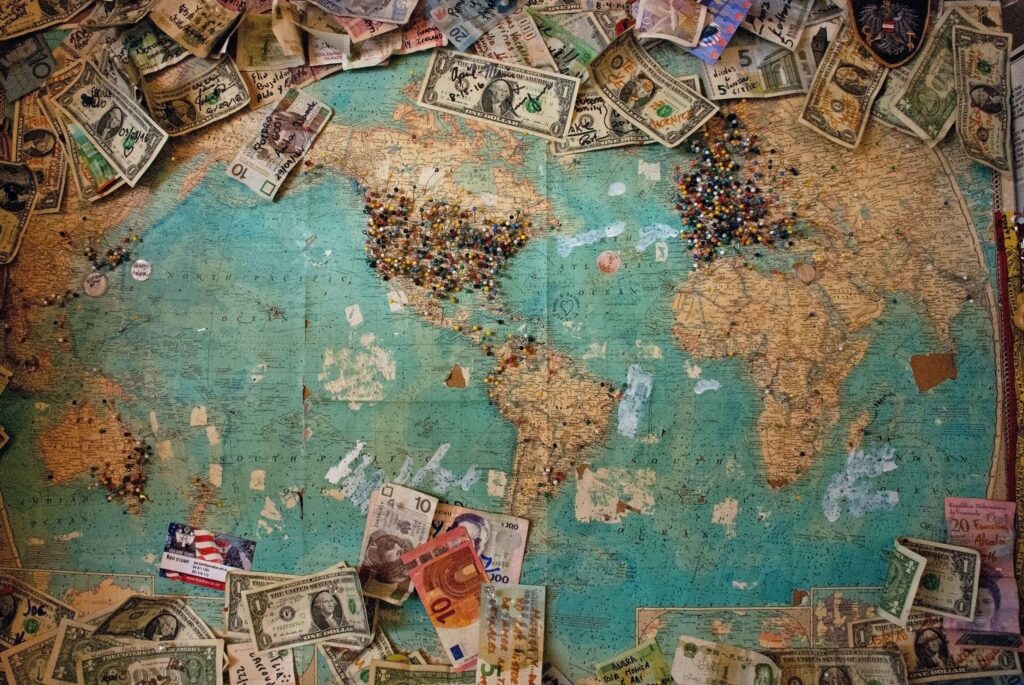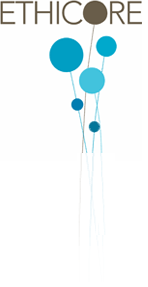
As the damage of the pandemic continues globally, with 100 million more people pushed into extreme poverty1, the disruption in development funding is in critical focus. Devastating cuts to aid are already being felt. Fundraisers are adapting to the shift in aid spending and seeking routes to close the immediate funding gap. Once seen as an area for exploration, the ability to unlock development finance is now essential. Significant not just to access established funding from institutions, but to close the gap to the ambition of the SDGs.
The environmental movement has demonstrated that leveraging finance can mobilise large scale climate investments. The Dutch Fund for Climate and Development leverages institutional funds from the Dutch Ministry of Foreign Affairs, with leadership of the Dutch Entrepreneurial Development Bank, and WWF2. Or the Blue Impact Fund from WWF and Finance Earth, focuses on the UK sustainable Blue economy. NGOs are benefitting from private finance to pursue their missions.
Development Impact Bonds (DIBs) show how finance can help tackle development challenges, with government funding to underwrite the outcomes. The British Asian Trust is demonstrating results after two years of running the largest education DIB the Quality Education India DIB. While still not mainstream, and technical to set up, the leading DIBs indicate this is a credible funding route, alongside other finance mechanisms.
The challenge for INGOs is to speak the language of finance and build the capacity of institutional fundraisers or new teams to operate in this space. Sharing capacity with global partners and moving beyond ideology will also be needed. It is time to be bold to regain losses and boost progress on Agenda 2030.
By Annabel Marks and Rachael Clay
Footnotes
1ODA in 2020: Key facts from OECD DAC preliminary aid data – Development Initiatives (devinit.org)
2 Dutch Fund for Climate and Development is supported by Dutch Ministry of Foreign Affairs, with the Dutch Entrepreneurial Development Bank, FMO, working with WWF and SNV.
